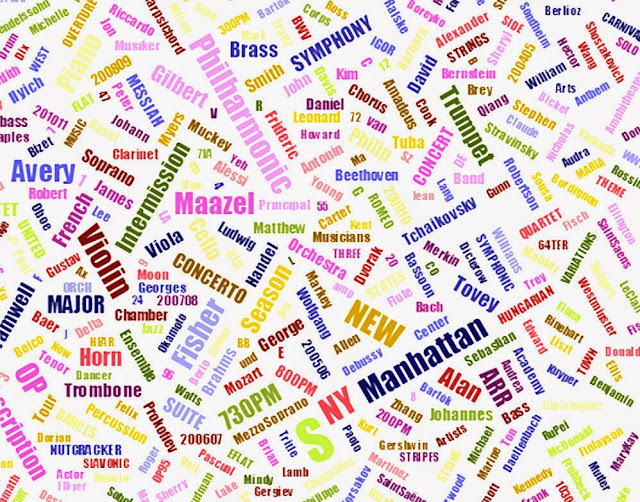One billion YouTube viewers cannot be wrong
More than 2 million cat videos on YouTube have generated in excess of one billion views, with one cat video alone viewed 77 million times. Cat pictures are more popular than selfies on social media, with around 4 million feline photos and videos shared each day, and 350,000 cats have their own Twitter or Facebook account. We know that cats have remarkable powers of hearing and exhibit an advanced form of synaesthesia by which they can switch sensory information between the visual channel (eyes) and hearing channel (ears) as required - e.g. while hunting. And there are long-established links between cats and classical musicians, with the feline friend of the legendary harpsichord Scott Ross being just one of many examples.
The cat is one of the few animals that is found on every continent except Antarctica. There are around 500 million domestic cats in the world and the annual global cat food market is worth US$70 billion. So it is surprising that there have not been many attempts to exploit the music for cats market. However one recent example was the release of the album seen above. Now although I am a cat lover I have to be honest and say that I was deeply sceptical when I read about Music for Cats by David Teie; because at first sight it seems to exploit the Mozart effect craze for cats and, moreover, is distributed by Universal Music. But a family friend who is more open-minded than me bought the CD for our resident feline, which allows me to report my paws-on experience.
Simply dismissing Music for Cats as a marketing gimmick is unfair. David Teie's has studied the auditory capabilities of mammals, and he theorises that every species has an intuitive biological response to sounds linked to their brain development and vocalisations; an approach that is supported by academic research. Based on this theory he composed his music for cats incorporating feline-centric sounds and their natural vocalisations, with the sounds matched to a cat’s audible frequency range. The result to the human ear is a well-crafted fusion of musique concrète, ambient sounds and the meditative sonic landscape explored by Eliane Radique, Nawab Khan and others, plus some cat-friendly infrasound. (View an explanatory video with music samples via this link.)
But what does a cat make of it? Fortuitously, an extended visit by my wife to Toronto has left me cat-sitting our energetic house cat, which has given me an opportunity to experiment with deep listening for cats. My experience, or rather Ginger's experience, is that Music for Cats does engage its audience, and it seems to induce subtle changes in feline consciousness. Yes, my subjective observations may be the result of auto-suggestion. But those subtle and inexplicable changes in feline consciousness are no different to the subtle and inexplicable changes in human consciousness that I experience when listening to a Rubbra symphony. And one thing that 67 years on this earth has taught me is not to dismiss phenomena that cannot be logically explained.
No review sample used. Any copyrighted material is included as "fair use" for critical analysis only, and will be removed at the request of copyright owner(s). Also on Facebook and Twitter.










Comments